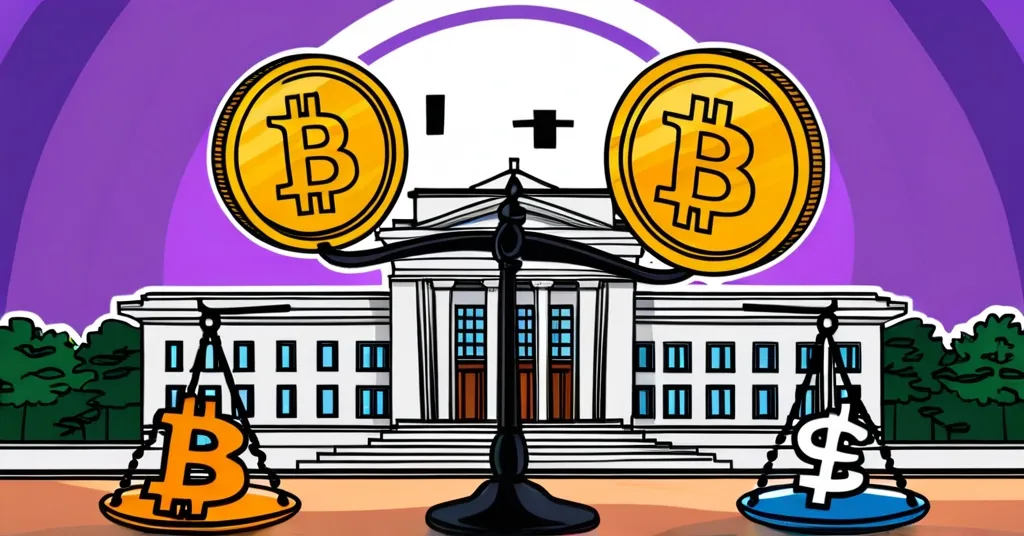Japan Weighs Bitcoin as Reserve Currency Amidst Stability Concerns

Japanese Government’s Cautious Stance on Bitcoin as a Reserve Currency
In a world where opinions on Bitcoin span from enthusiastic to skeptical, the Japanese government remains cautious, prioritizing stability over potential instability caused by Bitcoin’s infamous volatility. Despite calls from Satoshi Hamada, a notable political figure, for Japan to consider Bitcoin reserves, Prime Minister Shigeru Ishiba emphasizes the need for secure and liquid reserves.
- Japan retains skepticism about Bitcoin as a reserve currency.
- Political figure Satoshi Hamada advocates for Bitcoin reserves, inspired by U.S. proposals.
- Prime Minister Ishiba rebuffs claims of U.S. government moves toward Bitcoin reserves.
- Stability and liquidity are the primary concerns, not Bitcoin’s unpredictability.
- The conversation gained momentum after a U.S. bill by Senator Cynthia Lummis.
The discussion gained momentum with Senator Cynthia Lummis’s proposed U.S. bill, suggesting Bitcoin could mitigate national debt and offer strategic international benefits. Champions of this view, like Michael Saylor and Tom Lee, highlight potential benefits, while detractors, such as Miles Jennings, criticize it as a wealth shift favoring Bitcoin holders over national interests.
“To our knowledge, the U.S. government has not taken any definitive steps in this direction,” asserts Prime Minister Shigeru Ishiba.
Japan’s wariness stems from its past cautious yet innovative embrace of cryptocurrencies. Recognizing Bitcoin as legal tender in 2017 was notable, but fears over Bitcoin’s volatility and regulatory ambiguities prevail. For Japan, financial security surpasses the allure of digital innovation, as Prime Minister Ishiba prioritizes the safety of foreign exchange reserves.
“A Bitcoin reserve is essentially a wealth handover from the government to Bitcoin holders; this caters more to profiteers than entrepreneurs,” Miles Jennings argues.
Japan observes the U.S. debate, reflecting a global tension between pursuing financial innovation and maintaining prudence. Whether other nations will follow a U.S. lead remains uncertain, marking a careful international stance on Bitcoin reserves.
Key Takeaways and Questions
- Why is the Japanese government cautious about Bitcoin as a reserve currency?
- What triggered the U.S. Bitcoin reserve currency proposal?
- What are the criticisms of establishing a Bitcoin reserve?
- Who supports a Bitcoin reserve and why?
Japan values financial stability, perceiving Bitcoin’s volatility and unclear regulations as notable risks.
Senator Cynthia Lummis’s bill proposing Bitcoin as a tool against national debt and inflation sparked discussions.
Critics say it excessively benefits Bitcoin holders, serving profiteers over national interest.
Proponents like Tom Lee advocate for it as a debt offset tool, while Michael Saylor sees geopolitical benefits.
The debate on Bitcoin’s role as a reserve currency highlights the ongoing balance between embracing financial innovation and safeguarding economic stability. As this dialogue unfolds, it remains to be seen how countries like Japan will navigate these intricate dynamics.



